This month I’ll be giving you details of a symposium I helped to run in Dublin City University on 21st June. This information will be of particular interest to new and emerging children’s writers.
I’ll also review a children’s book I LOVED recently. And give you details of my writing clubs for children. Some of them are booked out but I have a new in person one starting in mid-September in Greystones. I also teach online, but there’s nothing like being in the same room as the young writers, sharing ideas and laughing together. We do a lot of talking and laughing!
Best wishes to all the teachers out there – you made it! I hope you have a lovely summer, you deserve it. I only teach a few hours a week and it takes a lot out of me. I have no idea how you do it full time and I have such respect for you.
Evie and Maryam’s Family Tree by Janeen Hayat (Guppy Books)
I really liked this book – set both now and in 1929 – ideal for fans of Judi Curtin, Emma Carroll and Marita Conlon McKenna. When Evie and Maryam both discover old folders full of letters written by their grandmothers, some written in a secret code, they team up to try to decipher them. Working together on a family tree project for school, they become closer and closer, but Evie’s friend, Bella doesn’t like Maryam and starts to pick on her.
Set now and in India in 1929, during and after the partition of India and Pakistan, it cleverly weaves together two different stories, the story of Evie and Maryam, and the story of their grandmothers, Kathy and Safia. The history is woven in lightly, but the book doesn’t shy away from the problems of colonialism and the need for independence. Age 10+
What I’m Working On
I’ve just submitted the manuscript of my new historical novel for children, working title The Bookshop Sisters, to my publishers, The O’Brien Press.
It’s set in 1956 and is about two sisters, Rosy and Martha, who are sent from their home in West Cork to work in their aunt’s bookshop in Dublin for the summer.
Baggot Books is run by a team of five women, the girls’ Aunt Toto, Kathleen who does the accounts, Alice, eighteen, who is one of the booksellers, along with Harry and Yasmin. Harry (Harriet) is also a sculptor and Yasmin is a painter.
The research process was fascinating, greatly helped by the library system and the National Archives where I read copies of the Irish Housewives’ Association newsletter from the 1950s.
It was a difficult time for women. The Marriage Bar was still in place and women in the civil service and in other jobs had to stop work when they got married. This only changed in 1972!
I hope young readers will enjoy reading about life in the 1950s and the inner workings of a bookshop. There are also plenty of adventures, secrets and even a court case.
I’ll be working on the edits over the summer, and it will be published in spring 2026, all being well!
Creative Writing Clubs
Some of my writing club members in Dún Laoghaire library - they are brilliant young writers!
I run several creative writing clubs during the school year. One is an online club for young writers aged 11+ (booked out).
There’s a teen in-person club that meets in Dún Laoghaire Lexicon Library on a Thursday at 5pm to 6pm, there are two places available in that club. They are a fantastic, bunch, very chatty and supportive of each other’s writing. They need to be in secondary school for this one. If you have a teen at home who loves to write, get in touch. We’ll be doing lots of script writing in the autumn, as well as poetry and some horror and fantasy writing (they love their horror and fantasy!).
I’m starting up a new writing club for age 10+ in Greystones in mid-September. This will run monthly on a Wednesday afternoon at 4.30pm. We will cover all kinds of things, from creating characters, to plotting, and different genres and forms. If you have a keen writer at home, get in touch. We don’t do any grammar etc – it’s all pure creative fun. If you have a keen writer at home get in touch in August – sarahsamwebb@gmail.com
Discover Irish Children’s Books Symposium 2025
On 21st June Discover Irish Children’s Books held their first Symposium in Dublin City University. It was run by a team of twelve people from the campaign, all volunteers. Over 150 people attended, and it was lovely to meet lots of writers, illustrators, teachers, librarians and others with a strong interest in children’s books.
The first panel was about children’s publishing and the expert panel talked about what they were looking for, what they paid writers and illustrators and lots of other things.
Irish publishers are happy to accept unsolicited manuscripts. This means you can send work directly to their editors, you do not need an agent. The submission guidelines are on their websites. To note, Little Island are currently not accepting manuscripts but will open them again soon, keep an eye on their social media and website for details.
Kunak McGann, Rights Director at the O’Brien Press – looking for great storytelling, especially with an Irish focus. They particularly like writers and illustrators who live in Ireland, as they can do and attend events.
Little Island publish about 15 books a year and Publisher, Matthew Parkinson-Bennetts says they are looking for books they can sell internationally.
Gráinne Clear, Editorial Director for Fiction at Walker Books mentioned horror and accessible shorter fiction.
Venetia Gosling, Publisher of the children’s list at Gill books said she’s looking for great non-fiction, especially a new take on Irish history.
Futa Fata publishes a wide range of books in the Irish language, from picture books to novels. Tadgh Mac Dhonnagáin is looking for great books from Irish language authors. He’s also looking for illustrators who can do events in the Irish language.
Little Island pays its authors around e1.5k advance per book. Futa Fata pays around e1.5k to e1.75k to writers and around e4k to illustrators.
Children’s writers do not always earn a lot of money as you can see. You can get lucky, sometimes a book does very well internationally which can help a lot. But most of us rely on other income as well as writing to help pay the bills. I teach and I work in a bookshop too (Halfway up the Stairs in Greystones, Co Wicklow, where I’m Events Manager), which allows me to take time with my writing and to write the books I love to write. I’ll write more about the bookshop and my work there next month.
During the day at the symposium, there was lots of information given about creating brilliant book weeks in your school or library, dealing with rejection, writing great opening scenes, and there was a lot of talk about making books and reading accessible to all children.
We hope to have another symposium next year and thanks to all who attended. We hope you enjoyed the day!
You can find out more about the Discover Irish Children’s Books campaign on their website here
https://discoveririshkidsbooks.ie/
I’m off to West Cork to edit, read and take a holiday during July, so all the best for now. I hope your summer is full of great stories!
Yours in books,
Sarah XXX



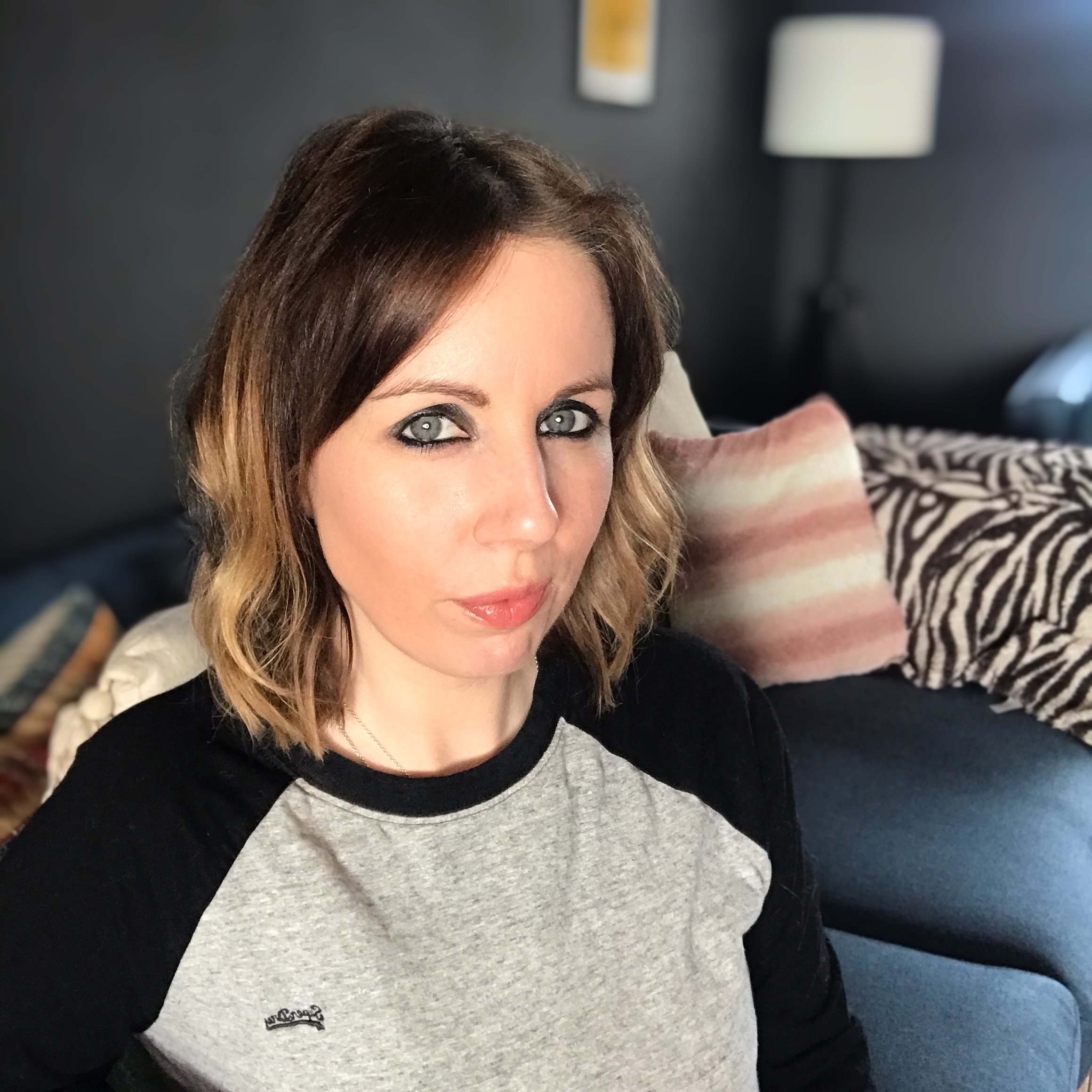
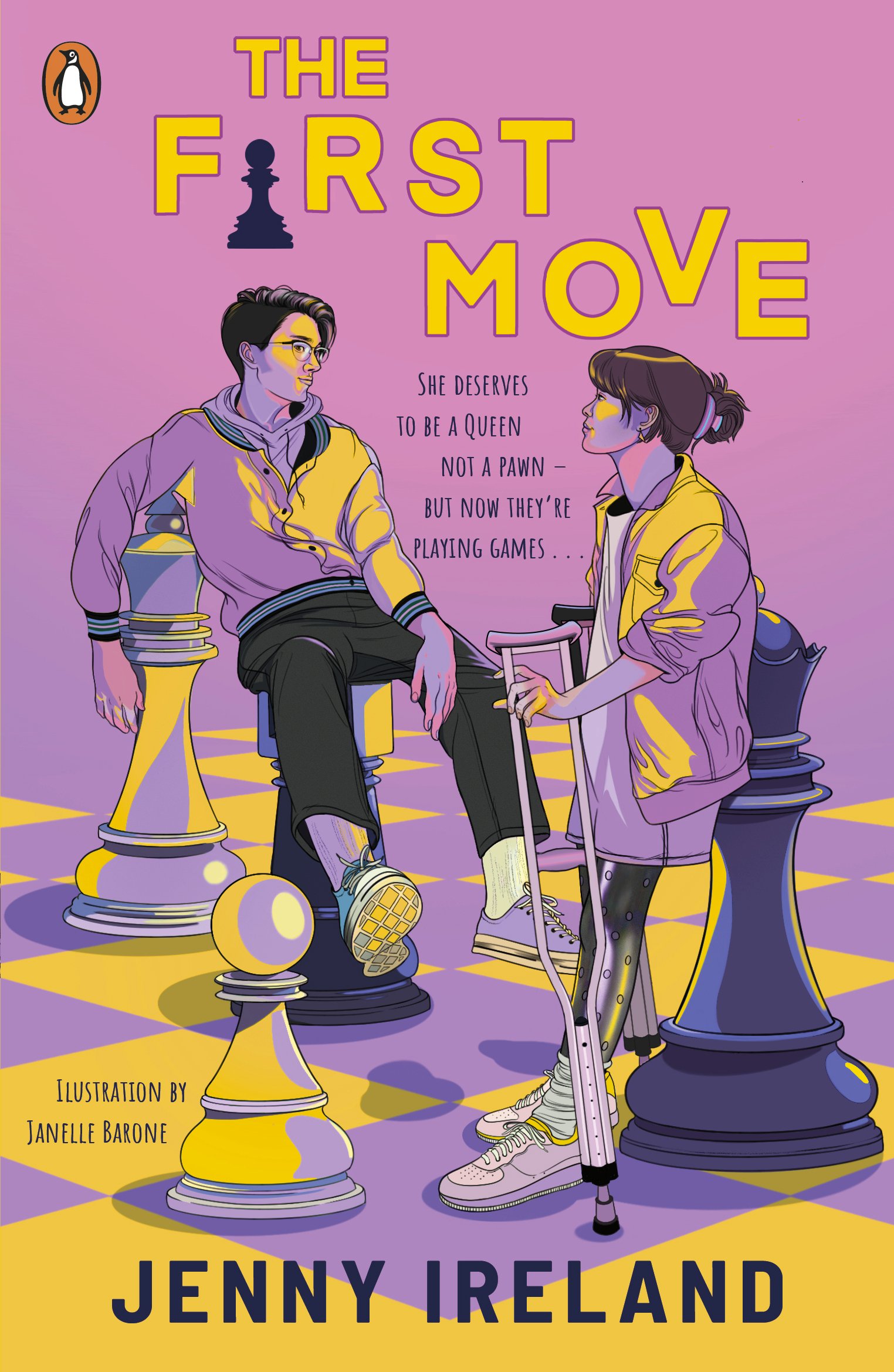





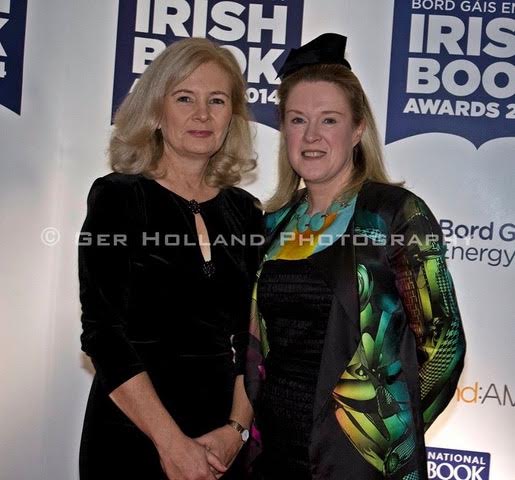
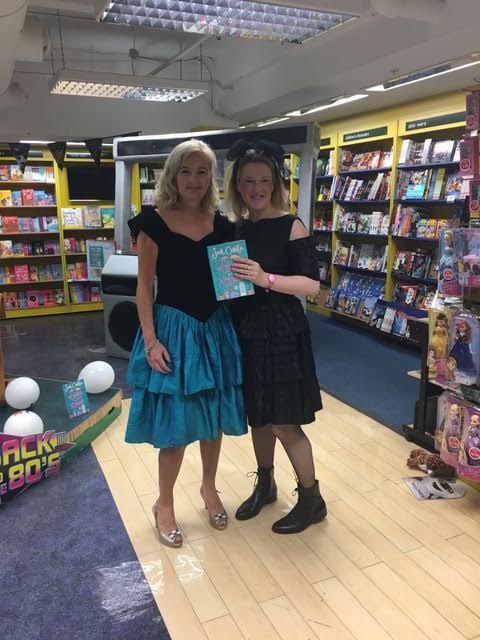
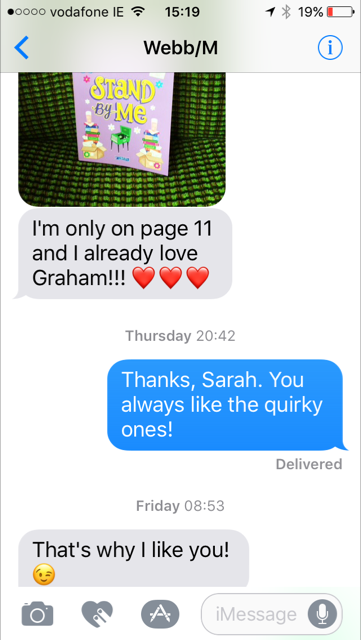
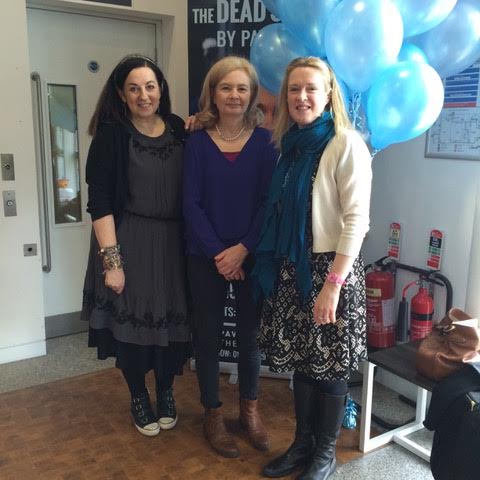





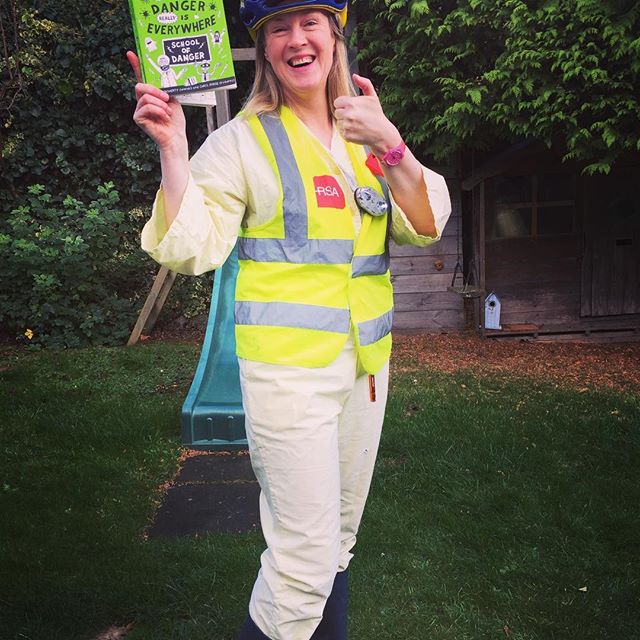





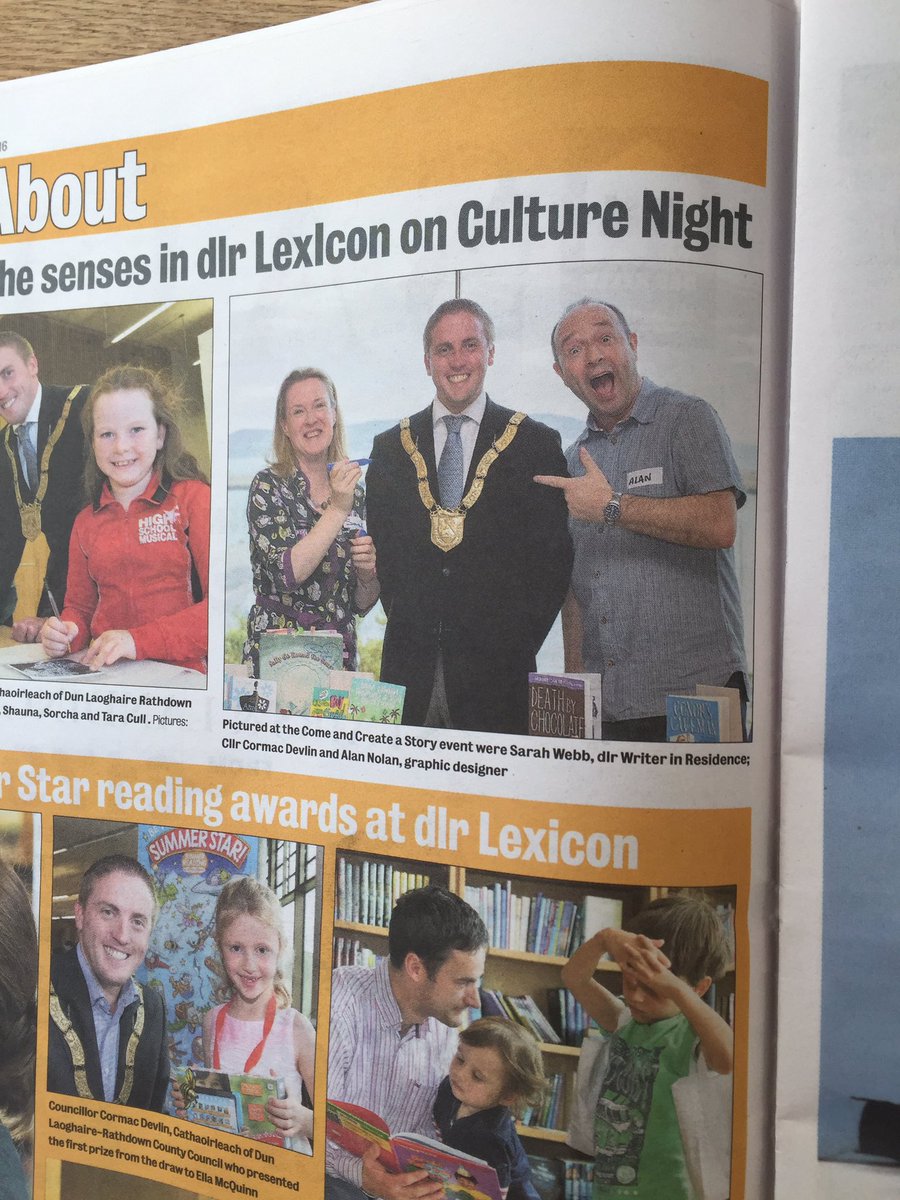






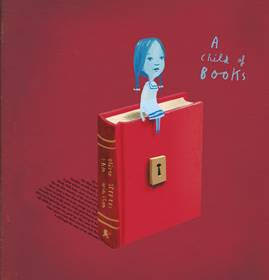



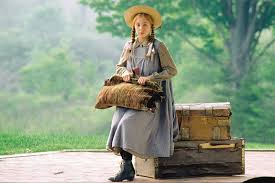

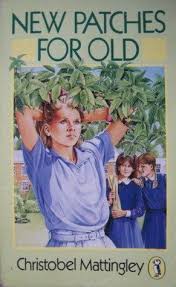













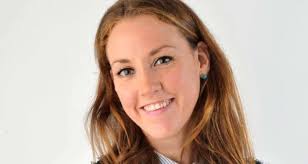

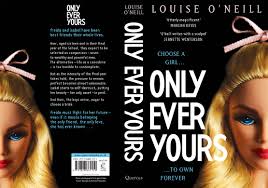





![IMG_5156[2]](https://images.squarespace-cdn.com/content/v1/58973315e4fcb5808a5b7d9e/1486377414397-A1Y7YA7QJ3PS2RVSXGS0/img_51562.jpg)


